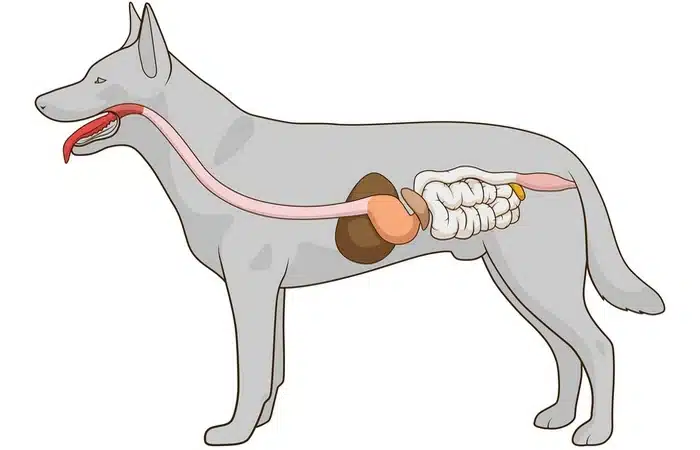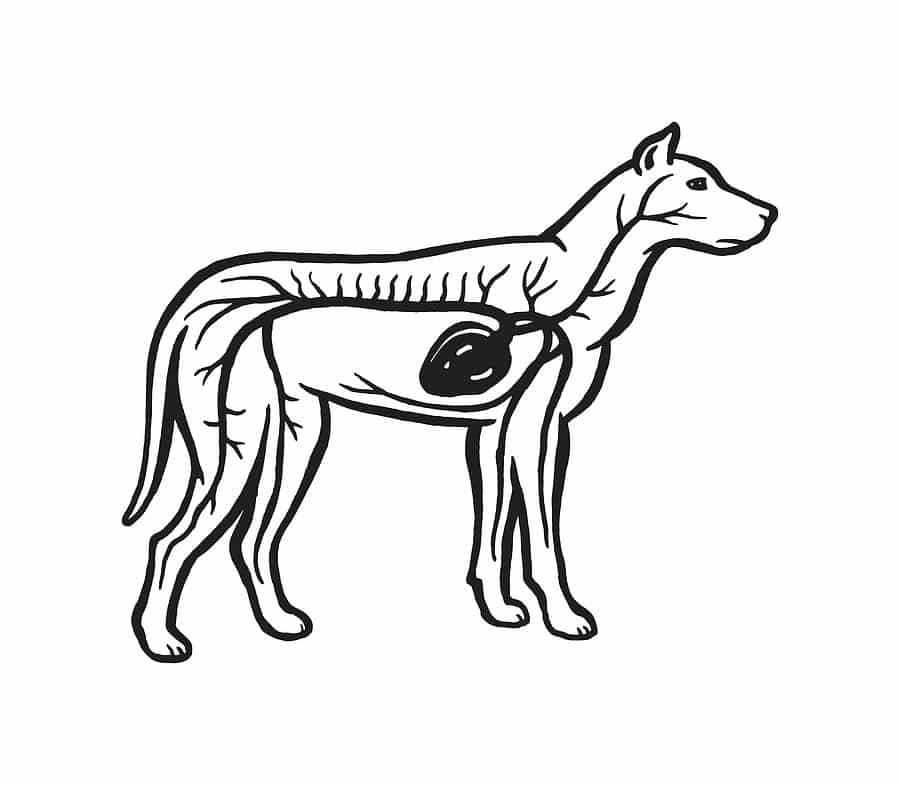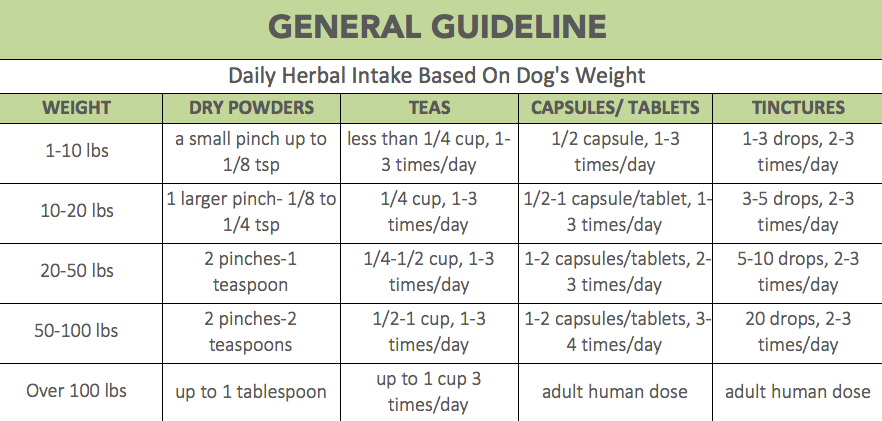Ginger, a widely recognized spice known for its distinct aroma and flavor, holds a plethora of health benefits not just for humans but also for dogs. This blog post delves into the multifaceted advantages of incorporating ginger into a canine’s diet. From enhancing digestive health to offering anti-inflammatory properties and boosting cardiovascular health, ginger emerges as a beneficial addition to canine wellness routines. However, it’s paramount to consult a veterinarian before introducing ginger or any new food to a dog’s diet, ensuring its safety and appropriateness for the dog’s specific health needs.
The Historical Use Of Ginger In Canine Health

Historically, ginger has been a staple in herbal medicine, treasured for its therapeutic properties. This extends to the realm of veterinary care, where ginger has been utilized to treat a variety of ailments in dogs. Traditional use of ginger in canine health care is rooted in its ability to soothe digestive upset, reduce nausea, and bolster the immune system. Anecdotal evidence, coupled with early veterinary records, attests to the efficacy of ginger in managing these conditions, highlighting its longstanding role in promoting canine well-being.
The use of ginger for dogs is not merely a modern trend but is backed by centuries of application in herbal medicine. Veterinarians and pet owners alike have observed its benefits, ranging from improved digestion to reduced inflammation in dogs suffering from chronic conditions. The integration of ginger into canine health practices demonstrates a bridging of traditional knowledge with contemporary veterinary care, offering a natural complement to conventional treatments.
Nutritional Profile Of Ginger

Ginger is enriched with a spectrum of nutrients, including vitamins B6 and C, magnesium, phosphorus, zinc, and folate, which collectively contribute to its health-promoting properties. These nutrients are essential for maintaining a dog’s health, supporting everything from immune function to muscle health. Moreover, ginger contains bioactive compounds, such as gingerols, which are credited with its anti-inflammatory and antioxidant effects, thereby aiding in the management of chronic conditions and enhancing overall vitality.
The specific components found in ginger not only support canine digestive health but also play a crucial role in modulating inflammatory responses and safeguarding against oxidative stress. For dogs, this means potential relief from gastrointestinal discomfort, a reduced risk of inflammatory diseases, and an overall boost to their immune system. The nutritional makeup of ginger positions it as a valuable supplement to a dog’s diet, provided it is administered in appropriate quantities and under veterinary supervision.
Ginger For Digestive Health

Ginger has been revered for its ability to aid digestion, making it an excellent remedy for dogs experiencing gastrointestinal issues. Its gastroprotective properties help soothe the digestive tract, alleviate bloating, and reduce gas. Additionally, ginger promotes the secretion of various digestive enzymes, enhancing nutrient absorption and improving overall digestive efficiency. Dogs suffering from nausea or motion sickness can benefit from ginger’s anti-emetic effects, which help calm the stomach and prevent vomiting.
Research and clinical observations suggest that incorporating small amounts of ginger into a dog’s diet can significantly improve symptoms of digestive discomfort. Whether dealing with a routine upset stomach or more chronic digestive ailments, ginger serves as a gentle, natural aid. It’s important, however, to introduce ginger gradually and monitor a dog’s response, ensuring it provides relief without causing any adverse effects.
Anti-inflammatory And Pain Relief Benefits

Ginger is celebrated for its anti-inflammatory properties, which can be particularly beneficial for dogs suffering from conditions like arthritis. The active components in ginger, such as gingerols, have been shown to inhibit the production of pro-inflammatory compounds in the body. This action can reduce inflammation and alleviate pain associated with joint diseases, improving mobility and quality of life for affected dogs. Regular inclusion of ginger in a dog’s diet may serve as a complementary approach to managing chronic inflammatory conditions.
In addition to its anti-inflammatory effects, ginger has been identified as a natural pain reliever. This makes it an attractive option for pet owners seeking alternatives to pharmaceutical pain medications, which may have undesirable side effects. Ginger’s ability to mitigate pain stems from its influence on certain biochemical pathways involved in pain perception. By addressing both inflammation and pain, ginger offers a holistic approach to supporting canine health, particularly for older dogs facing the challenges of age-related joint issues.
Ginger’s Role In Cardiovascular Health

Research into ginger’s impact on cardiovascular health has uncovered promising results for its application in canine care. The spice’s ability to improve blood circulation is of particular interest, as it may help support heart health and prevent blood clots. Dogs with cardiovascular issues could benefit from ginger’s vasodilating properties, which help relax blood vessels and enhance blood flow throughout the body. This improved circulation can contribute to the overall well-being of dogs, supporting heart function and potentially reducing the risk of heart-related diseases.
Furthermore, ginger’s antioxidant properties play a crucial role in protecting the heart and vascular system from oxidative stress and inflammation. These effects can be particularly advantageous for senior dogs, whose cardiovascular systems may be more vulnerable to age-related decline. By incorporating ginger into the diet, pet owners can provide their dogs with a natural supplement that supports cardiovascular health, alongside a balanced diet and regular exercise. However, it’s essential to consult with a veterinarian to ensure ginger is appropriate for a dog’s specific health profile and needs.
Immune System Boost And Antioxidant Properties

Ginger’s rich antioxidant profile makes it an excellent supplement for enhancing a dog’s immune system. Antioxidants combat free radicals in the body, reducing oxidative stress and preventing cellular damage. This action is crucial for maintaining a robust immune system capable of warding off infections and diseases. By adding ginger to a dog’s diet, pet owners can help fortify their pet’s natural defenses, promoting overall health and longevity.
The specific antioxidants found in ginger, including gingerols and shogaols, offer broad-spectrum support for canine health. These compounds not only bolster the immune system but also contribute to the body’s anti-inflammatory and anticancer defenses. Given the importance of a strong immune system in combating a wide range of health issues, ginger’s contribution to immune health can be a valuable addition to a dog’s nutritional regimen. As always, the introduction of ginger should be done under veterinary guidance to ensure it complements the dog’s existing diet and health condition.
Dosage And Safety Considerations

Determining the correct dosage of ginger for dogs is critical to maximizing its benefits while avoiding any potential adverse effects. The appropriate amount can vary based on a dog’s size, weight, and overall health condition. Pet owners should start with a small dose and gradually increase it, observing their dog’s reaction to the supplement. Consulting with a veterinarian is essential to establish a safe and effective dosage tailored to the dog’s specific needs.
While ginger is generally safe for dogs when used in moderation, it’s important to recognize that every dog reacts differently to new foods or supplements. Signs of an adverse reaction can include gastrointestinal upset, such as diarrhea or vomiting. If any negative symptoms occur, it’s advisable to discontinue ginger and consult with a veterinarian. The goal is to ensure that ginger serves as a beneficial addition to a dog’s diet without causing any harm.
Potential Side Effects And Precautions

While the benefits of ginger for dogs are manifold, awareness of its potential side effects is necessary for responsible use. In excessive amounts, ginger may cause gastrointestinal upset, including heartburn, diarrhea, or stomach discomfort in dogs. This underscores the importance of adhering to recommended dosages and closely monitoring a dog’s response to ginger supplementation.
Additionally, ginger may interact with certain medications, such as blood thinners, affecting their efficacy. For dogs on medication, especially those with pre-existing health conditions, the decision to include ginger in their diet should be made in consultation with a veterinarian. This precautionary approach ensures that ginger supplements complement existing treatments without compromising a dog’s health.
The Bottom Line
Ginger, with its myriad health benefits, presents a natural supplement option for enhancing canine health across various domains, from digestive support to anti-inflammatory relief and cardiovascular health enhancement. Its nutritional profile rich in antioxidants also plays a significant role in boosting the immune system and protecting against oxidative stress. However, the key to harnessing ginger’s full potential lies in its responsible use, including adhering to appropriate dosages and consulting with a veterinarian. By integrating ginger into a dog’s diet with care and consideration, pet owners can contribute positively to their furry companion’s overall well-being and quality of life.